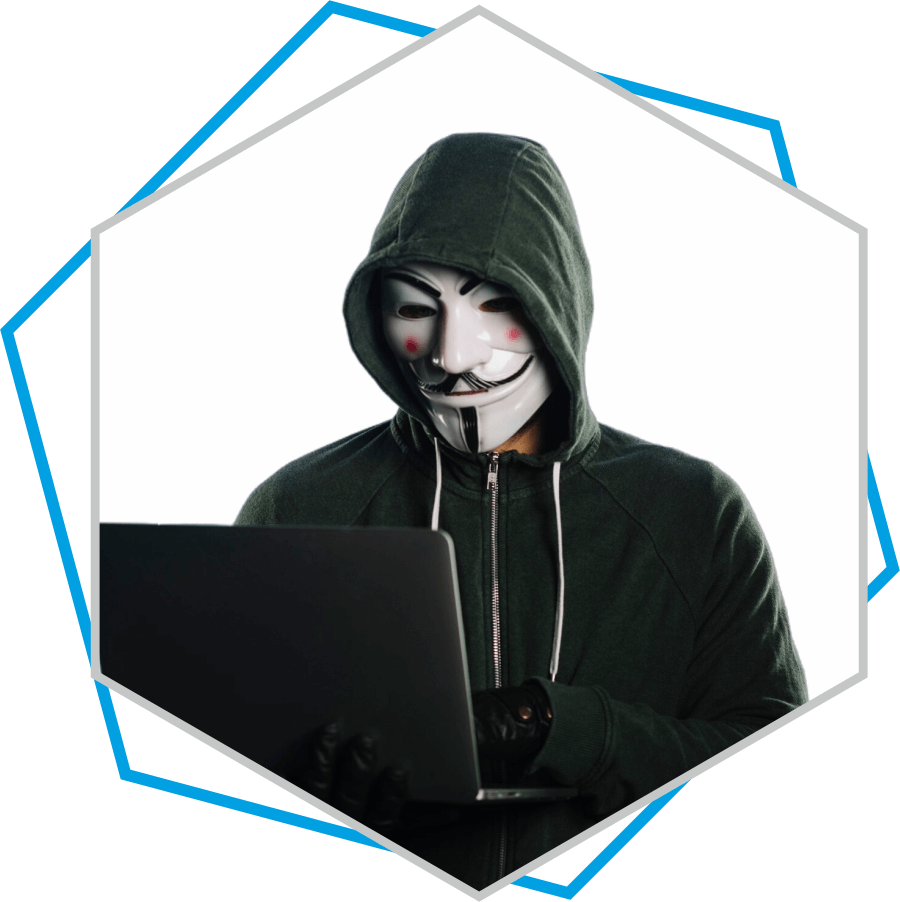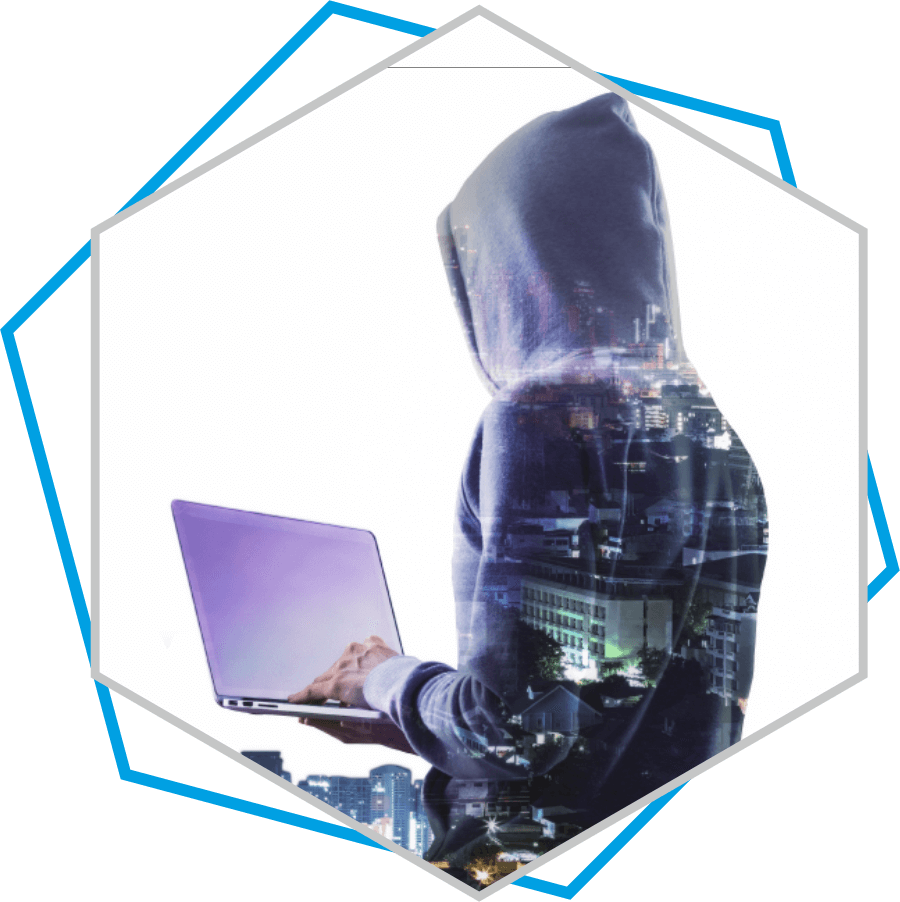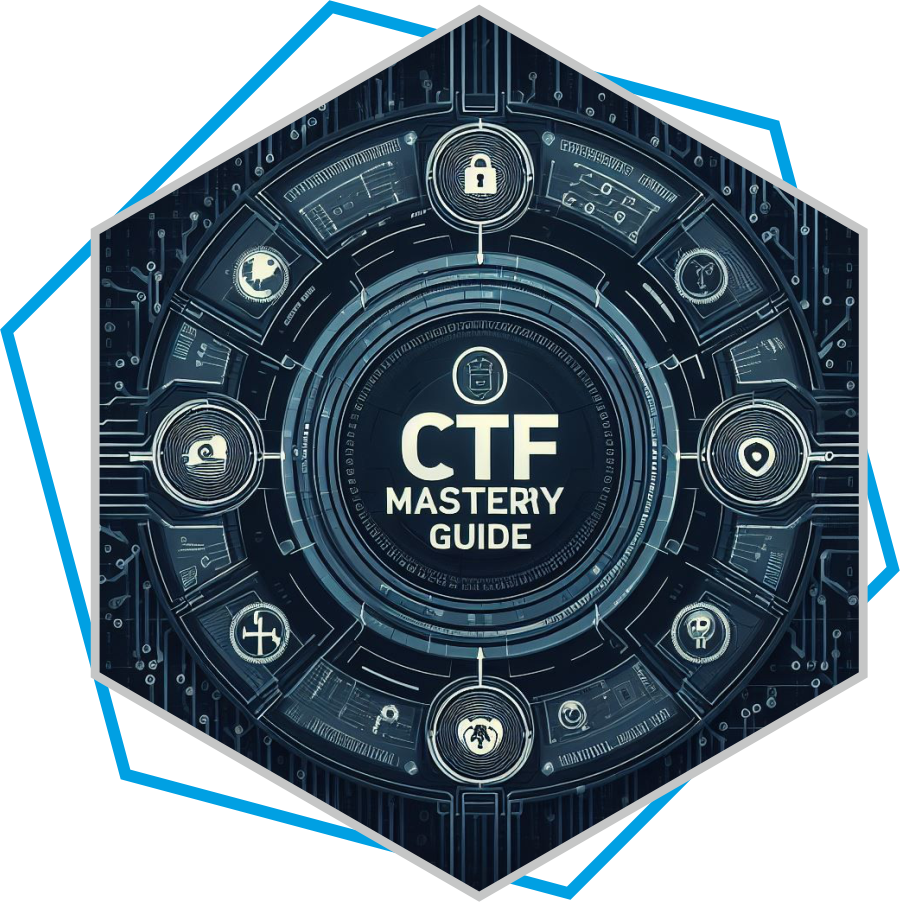In 2025, cybercriminals aren’t just targeting tech giants anymore—they’re going...Read More
Group Enrollment with Friends and Colleagues | Get a quote

Offline and Online
24x7 Live Support
Weekday / Weekend
The Python Programming course provided by Recon Cyber Security offers a comprehensive learning experience tailored to both beginners and experienced developers. Python is a versatile and widely-used language in various fields, including cybersecurity, data science, and web development. By enrolling in this course, you’ll gain a strong foundation in Python programming, learning essential concepts and techniques that are applicable to a range of technical disciplines. The course is designed to help you understand the basics of Python syntax, data structures, and algorithms, while also diving into more advanced topics such as automation, web scraping, and data analysis.
What sets this course apart is its practical approach to teaching Python. You will engage in hands-on exercises and real-world projects that enhance your problem-solving skills and build your coding proficiency. With expert instructors guiding you through each step, you’ll not only learn the theoretical aspects of Python but also apply your knowledge to practical scenarios. Completing this course will equip you with the skills needed to tackle complex programming challenges, making you a valuable asset in any tech-focused career and preparing you for further specialization in areas like cybersecurity and data science.
Python Course boost career growth in cybersecurity and Data Science.
Opens doors to higher-paying and advanced cybersecurity roles.
Enhances employability and job security in the cybersecurity field.
Provides a competitive edge in the cybersecurity job market.

Our Python Programming course is perfect for beginners looking to start coding. It introduces the basics step-by-step and ensures concepts are easy to understand. Moreover, you’ll learn how beginners can use Python to solve problems and build simple programs. Through hands-on exercises and real-life examples, the course provides a strong foundation in Python Programming.
Our Python Course: Master the Basics and Advanced Concepts takes you beyond the fundamentals to explore more complex aspects of the Python programming language. Whether you’re interested in learning Python online or in-person, this course will guide you through advanced topics and help you gain proficiency in coding for Python. From introducing Python to exploring advanced techniques, you’ll become adept at handling various programming challenges. Ideal for those who already have a grasp on the Python basics, this course will expand your skills and knowledge to prepare you for more sophisticated Python programming tasks.
if statements in Python.else.elif.for loops.while loop and its usage.pass for placeholder statements.len(), append(), etc.get(), keys(), values(), etc.add(), remove(), etc.sys module for system-specific parameters.os module.os module.match() and search().
















★ ★ ★ ★ ★

★ ★ ★ ★ ★

★ ★ ★ ★ ★

★ ★ ★ ★ ★
Our Python course offers a flexible and interactive learning experience designed for individuals with varying schedules. By learning Python online, you can access top-notch educational resources from anywhere, anytime. Our online classes are structured to provide a comprehensive introduction to Python programming, allowing you to study at your own pace while still benefiting from expert guidance and support. This approach ensures that you can fit learning into your busy life without sacrificing the quality of your education.
If you’re new to programming, our Python programming language course is an excellent starting point. We focus on teaching Python for beginners, introducing you to fundamental concepts and coding techniques. This Python programming course is designed to help you start coding confidently and effectively. With hands-on exercises and practical examples, you’ll quickly grasp the basics of Python and be well on your way to developing your own programming projects.
In our “Introducing Python” section, we provide a beginner’s guide to Python basics. This segment of the course covers the core elements of the Python programming language, including syntax, variables, and control structures. By focusing on the basics of Python language, we ensure that you build a solid foundation before progressing to more advanced topics. Whether you’re learning Python for starters or diving into Python programming for beginners, this guide will set you up for success in your coding journey.

Python is one of the most popular and versatile programming languages used in fields like web development, data science, ethical hacking, and automation. This Python programming course will teach you skills that are in high demand across industries.
No prior programming experience is required. This Python programming course is designed for beginners, and it covers fundamental concepts like variables, loops, and functions before moving on to more advanced topics.
In this Python programming course, you’ll work on real-world projects like building web applications, automating tasks, and creating data analysis scripts. These hands-on projects will help you apply Python programming to real-life scenarios.
The best way to practice Python programming is through coding exercises and working on small projects regularly. This Python programming course provides interactive labs and challenges to help you improve your coding skills.
You’ll learn to use popular Python libraries and frameworks like Django for web development, NumPy and Pandas for data analysis, and Flask for lightweight web applications. These tools are essential for modern Python programming.
Depending on your learning pace, it typically takes 3-6 months to gain a strong understanding of Python programming and be ready for entry-level programming roles or internships. Consistent practice is key to success.
Yes, Python programming is widely used in cybersecurity and ethical hacking. You can write scripts to automate tasks, exploit vulnerabilities, or analyze data, making Python an essential tool for security professionals.
Yes, this Python programming course is designed to help you prepare for Python certification exams like the PCEP (Certified Entry-Level Python Programmer) and PCAP (Certified Associate in Python Programming).
After completing this Python programming course, you can pursue job roles like Python developer, data analyst, machine learning engineer, or automation specialist. Python is in high demand across many industries.
Yes, Python programming can be used to build websites and applications using frameworks like Django and Flask. This Python programming course teaches you how to develop dynamic, scalable web applications.
Are you new to Python programming? Our Python for Starters module offers a step-by-step approach to learning the basics of Python. Whether you’re starting from scratch or have a bit of experience, this course is designed to introduce you to the fundamental concepts of Python programming. You’ll learn Python basics, from simple syntax to basic data structures, ensuring you build a strong foundation in Python language.
Our Coding for Python section focuses on practical and real-world applications. You’ll move beyond theory and dive into hands-on projects that apply what you’ve learned. This part of the course emphasizes real-world coding scenarios, allowing you to solve problems and develop applications using Python. By the end of this section, you’ll understand how to use Python to tackle real challenges effectively.
The Python Language Course offers a detailed curriculum that covers everything from the basics to advanced topics. This course includes comprehensive training and hands-on practice, ensuring that you gain both theoretical knowledge and practical experience. You’ll explore Python programming language intricacies, work on various coding exercises, and complete projects that enhance your understanding and skills in Python.
Our Python Programming for Beginners course is perfect for those who want to start with the basics and progress to advanced skills. This course takes you through the Python language step by step, starting with fundamental concepts and advancing to complex topics. Whether you’re learning Python for the first time or aiming to solidify your programming skills, this course provides a clear path from beginner to proficient Python programmer.
In 2025, cybercriminals aren’t just targeting tech giants anymore—they’re going...Read More
As cyber threats evolve and become more sophisticated, blockchain technology...Read More
The dawn of 2024 brings groundbreaking advancements in 5G security...Read More
As cyber threats evolve, Zero Trust Architecture (ZTA) is emerging...Read More
At Recon Cyber Security, we are dedicated to providing world class training in the fields of cybersecurity, ethical hacking, and digital forensics. Based in Laxmi Nagar, Delhi, our mission is to empower individuals and organizations with the knowledge and skills needed to combat cyber threats in an increasingly digital world. Our expert-led courses, designed for beginners and professionals alike, offer hands-on experience and practical knowledge that directly translates to the field.